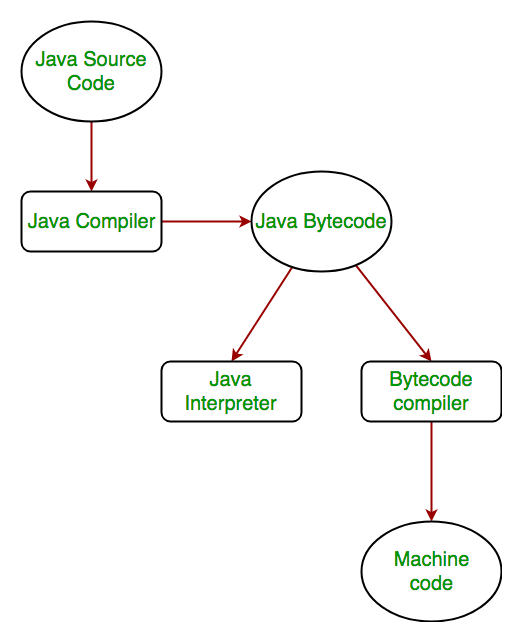String is immutable for several reasons, here is a summary:- Security: parameters are typically represented as
Stringin network connections, database connection urls, usernames/passwords etc. If it were mutable, these parameters could be easily changed. - Synchronization and concurrency: making String immutable automatically makes them thread safe thereby solving the synchronization issues.
- Caching: when compiler optimizes your String objects, it sees that if two objects have same value (a="test", and b="test") and thus you need only one string object (for both a and b, these two will point to the same object).
- Class loading:
Stringis used as arguments for class loading. If mutable, it could result in wrong class being loaded (because mutable objects change their state).
That being said, immutability of
String only means you cannot change it using its public API. You can in fact bypass the normal API using reflection. See the answer here.
In your example, if
String was mutable, then consider the following example: String a="stack";
System.out.println(a);//prints stack
a.setValue("overflow");
System.out.println(a);//if mutable it would print overflow
No comments:
Post a Comment